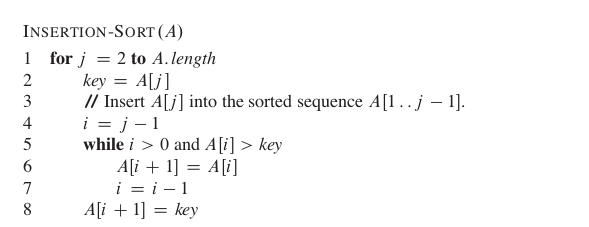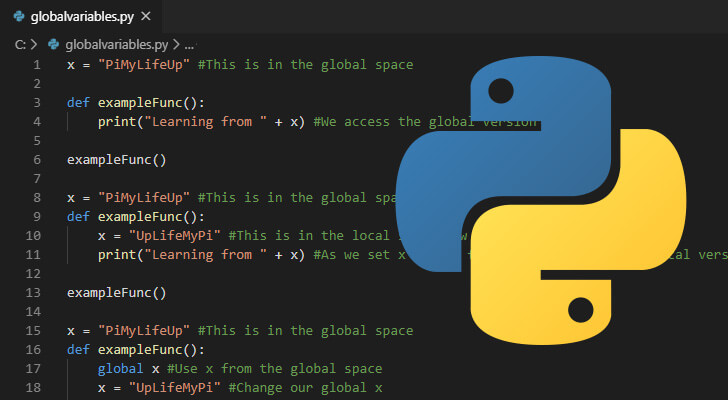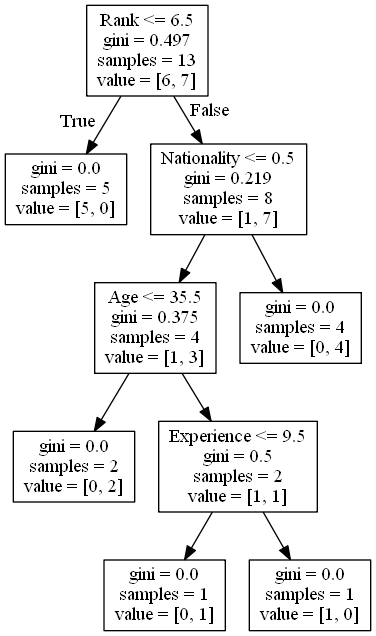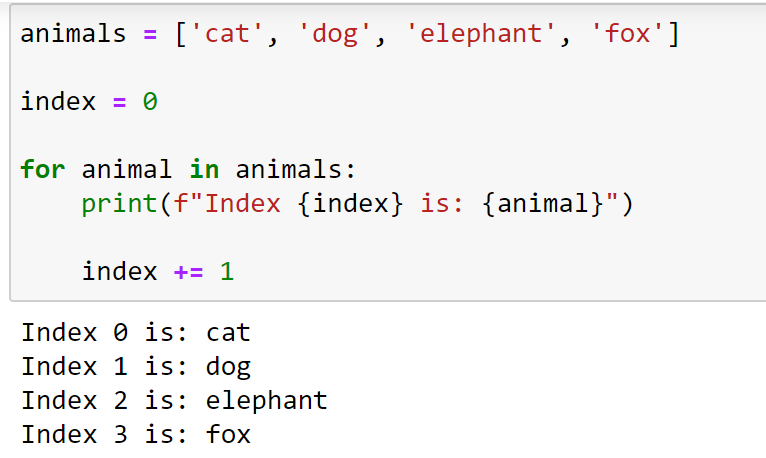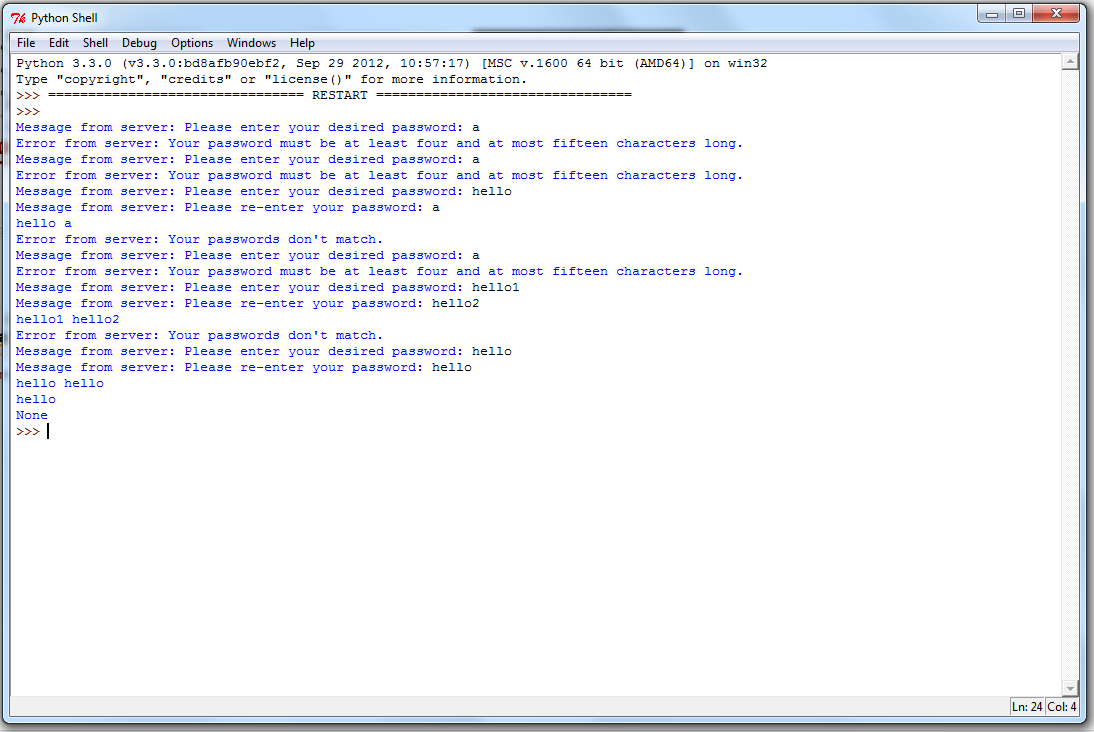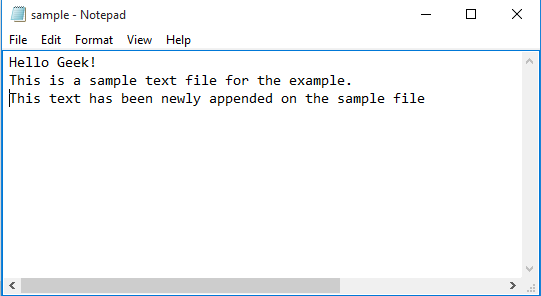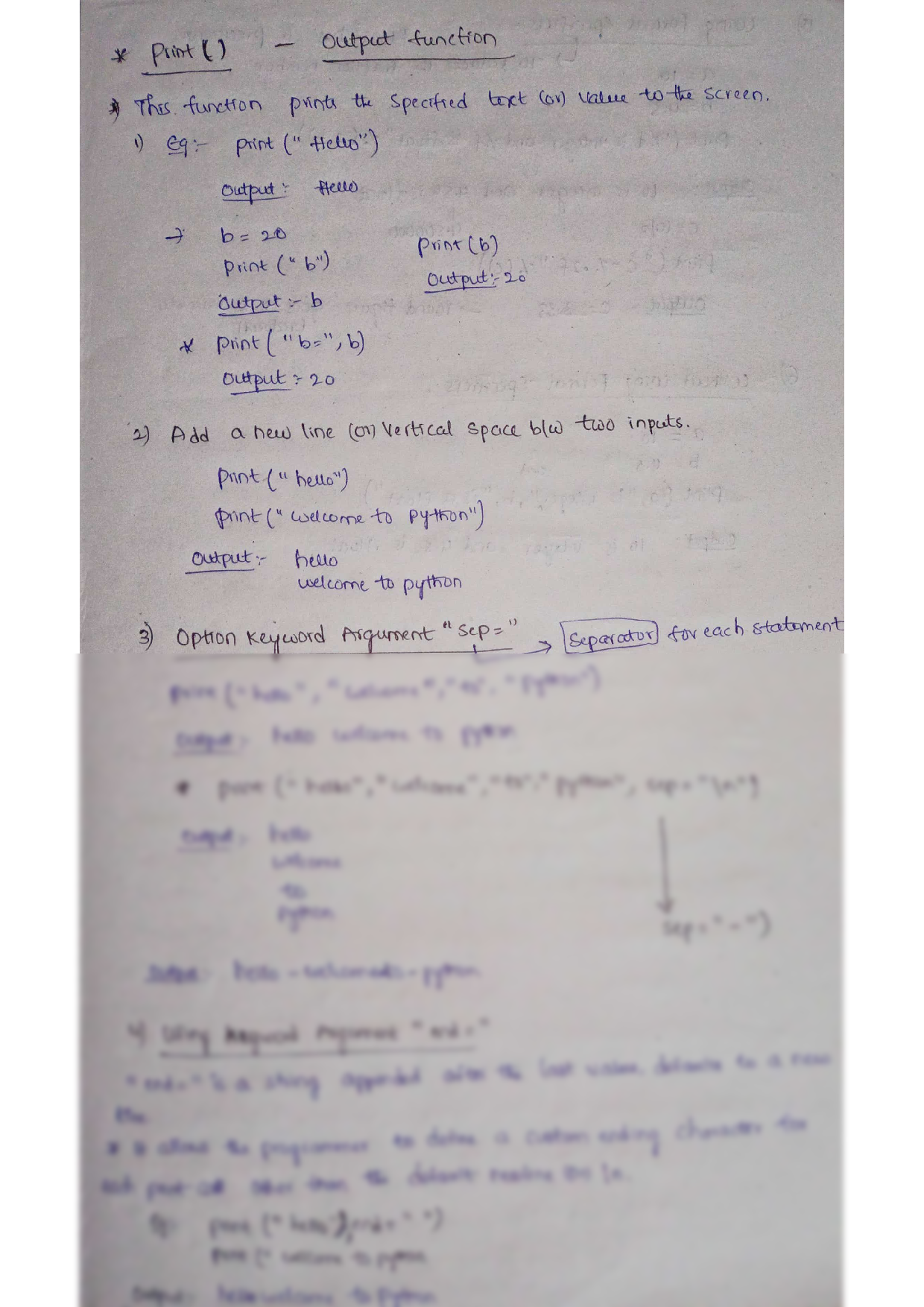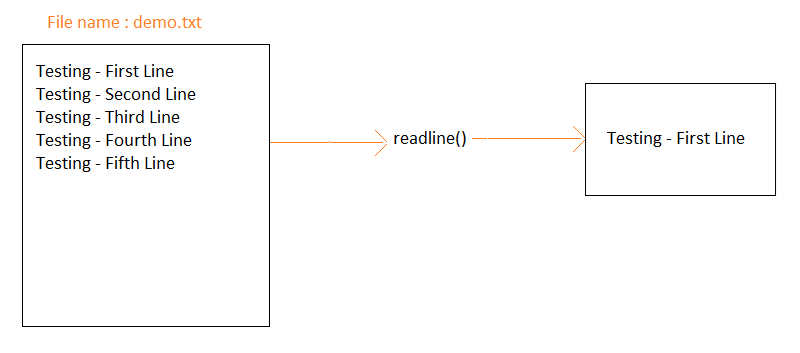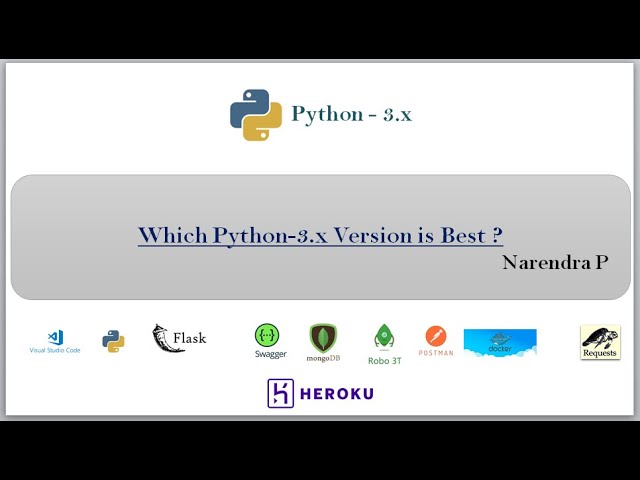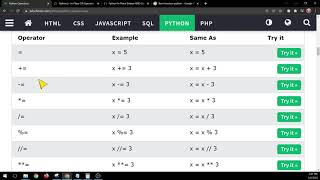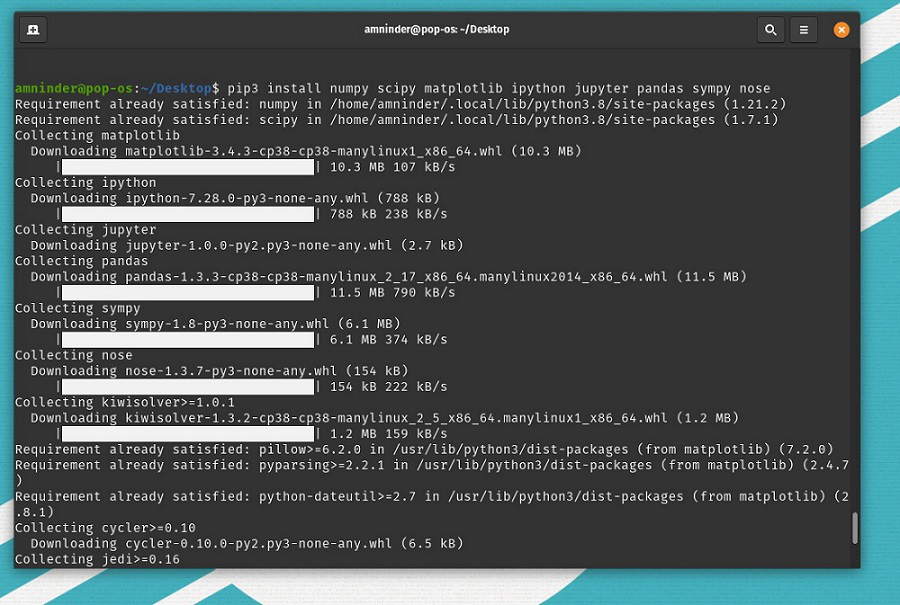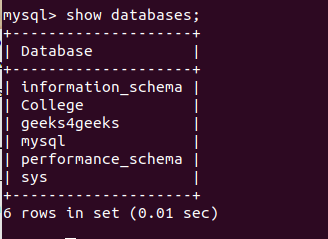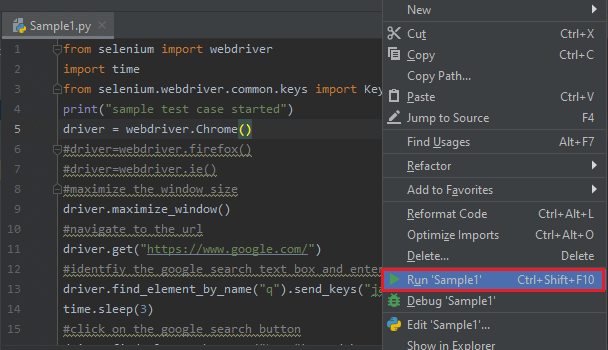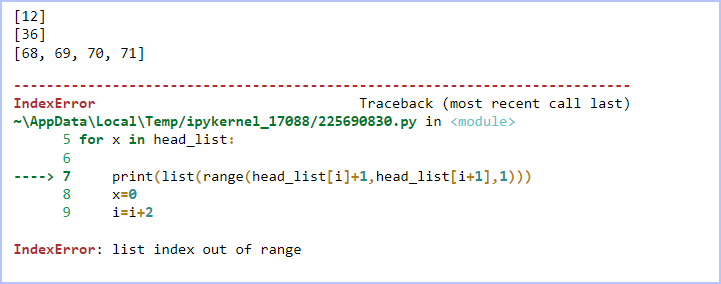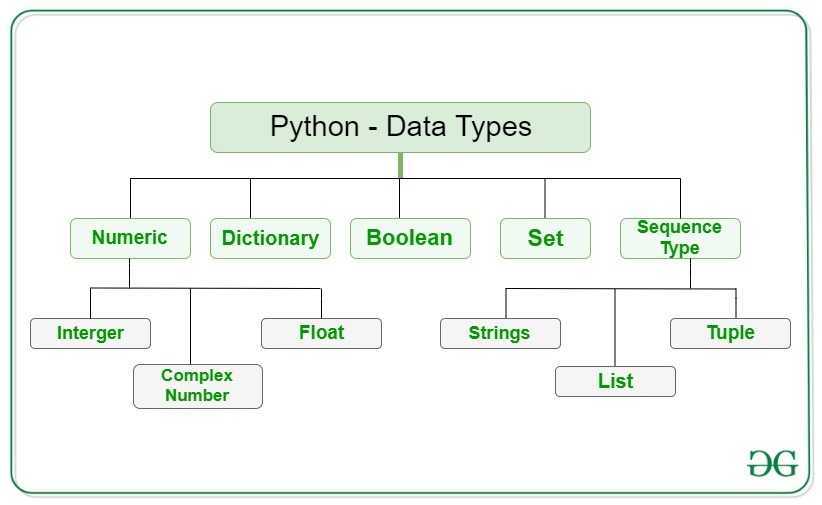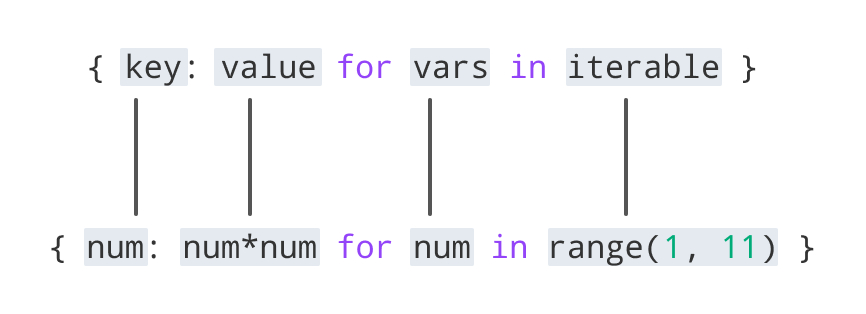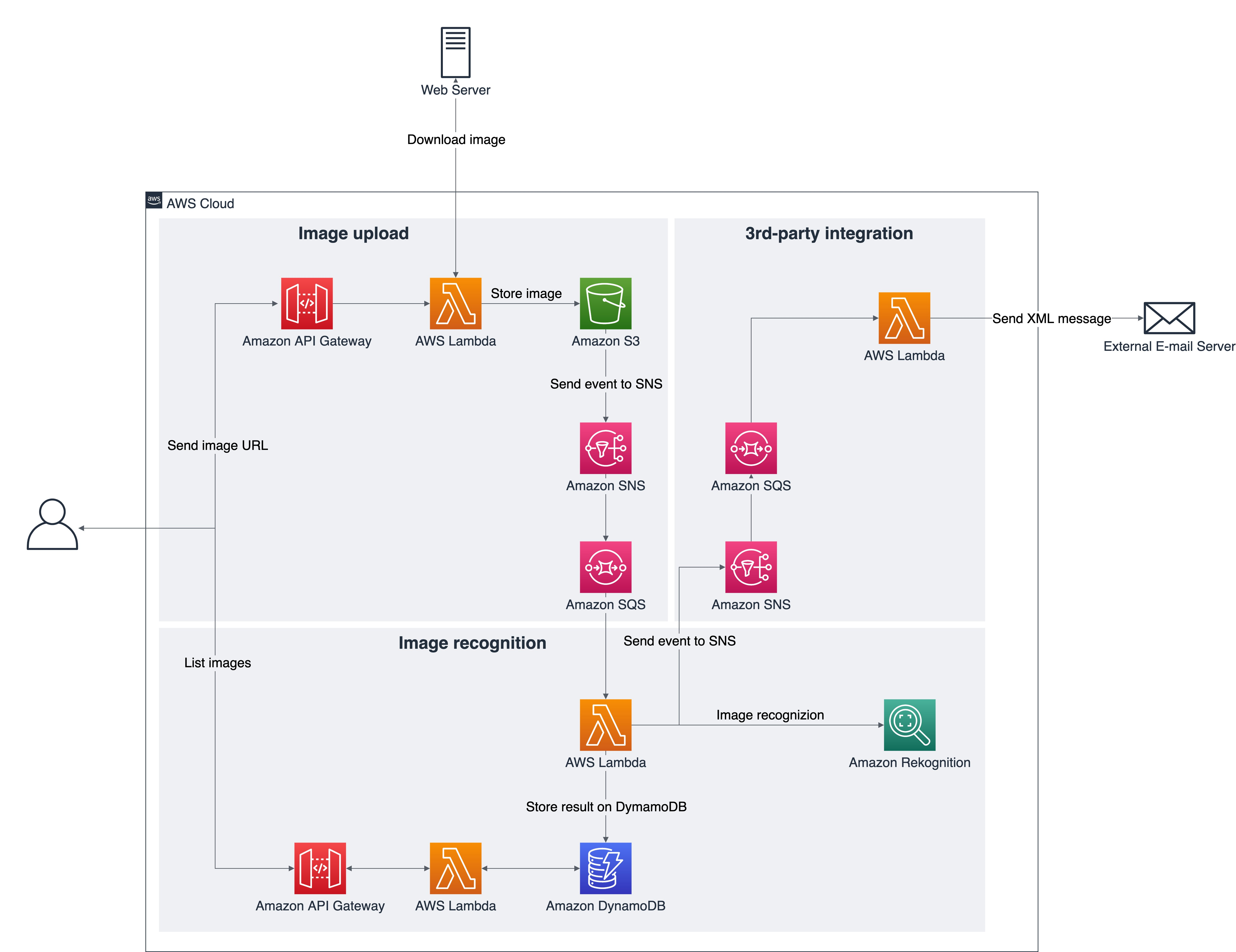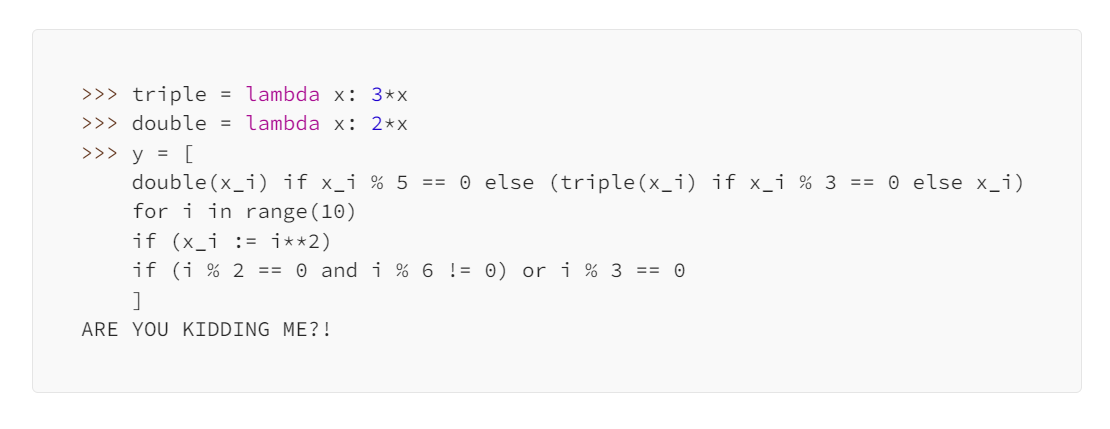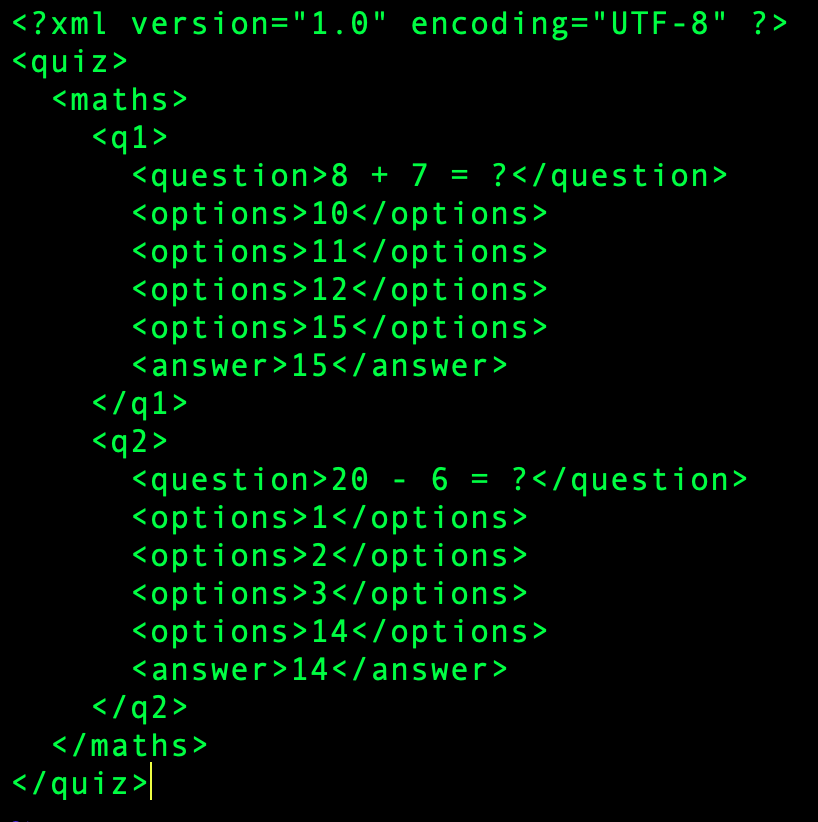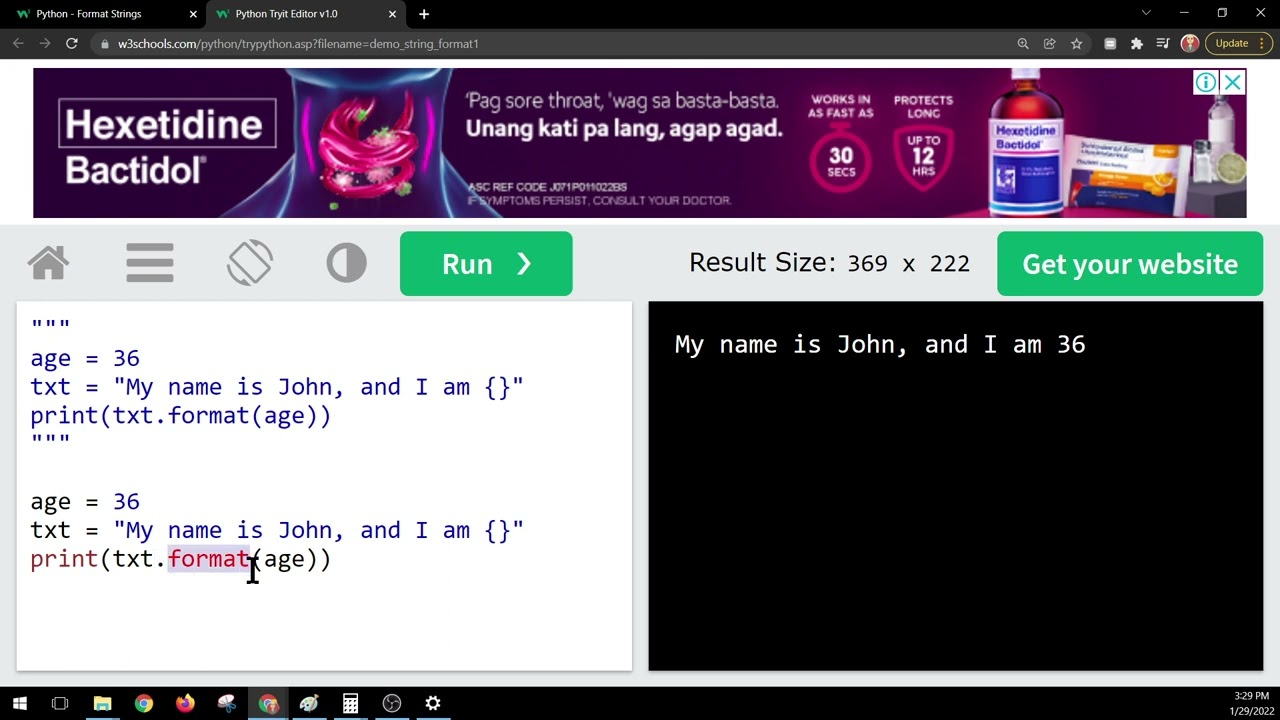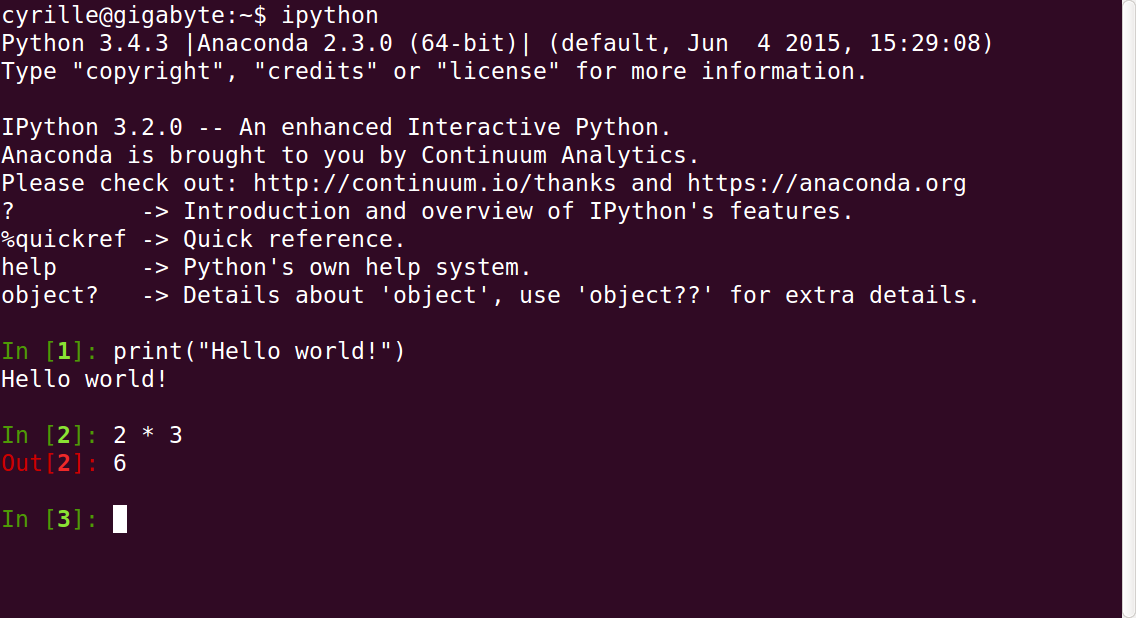Python Fabric SSH
Python Fabric SSH
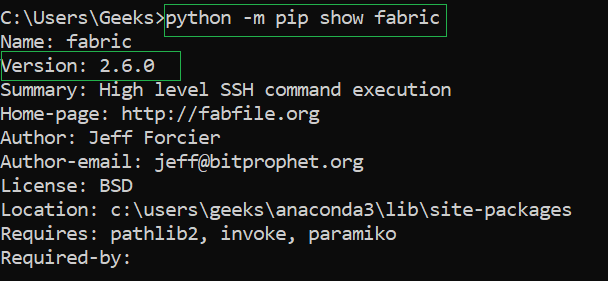
Here's an explanation of Python Fabric and SSH:
Python Fabric is a powerful open-source toolkit that simplifies the use of remote systems, such as servers, for automating system administration tasks. It provides a simple, Pythonic way to execute commands on remote machines, similar to how you would do it locally.
Fabric uses SSH (Secure Shell) protocol to connect to remote machines. SSH is a secure protocol used for remote access to computer systems over the network. Fabric makes use of SSH to create an interactive shell on the remote machine, allowing you to run commands, copy files, and perform other administrative tasks remotely.
Here are some key features of Python Fabric:
Simple and Pythonic API: Fabric provides a simple, intuitive API that lets you define tasks as Python functions. This makes it easy to automate complex workflows with just a few lines of code. SSH-based remote access: Fabric uses SSH to connect to remote machines, providing secure and encrypted communication over the network. Command execution: You can execute commands on remote machines using Fabric'srun function. This allows you to perform tasks such as running scripts, updating software, or executing system administration commands. File transfer: Fabric provides a convenient way to copy files between local and remote machines using its put and get functions. Error handling: Fabric includes built-in support for error handling, which helps you catch and handle errors when running tasks on remote machines.
Some common use cases for Python Fabric include:
Automating system administration tasks: Use Fabric to automate routine system administration tasks, such as updating software, configuring servers, or performing backups.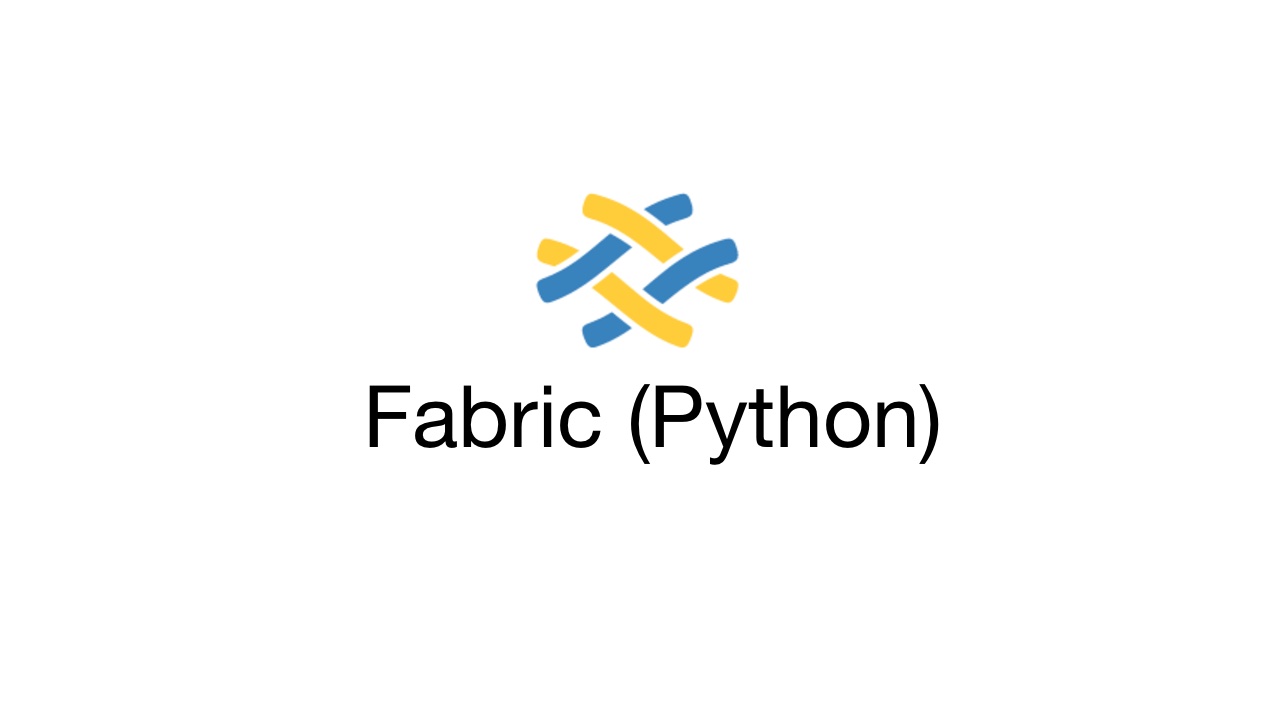
To get started with Python Fabric, you'll need to:
Install Fabric: Use pip (Python's package manager) to install Fabric:pip install fabric. Define your tasks: Write Python functions that define the tasks you want to perform on remote machines. Configure SSH connections: Set up your SSH connections using Fabric's configuration files or environment variables.
With Python Fabric, you'll be able to automate and streamline your system administration tasks, making it easier to manage your servers and reduce errors.
Python fabric vs paramiko
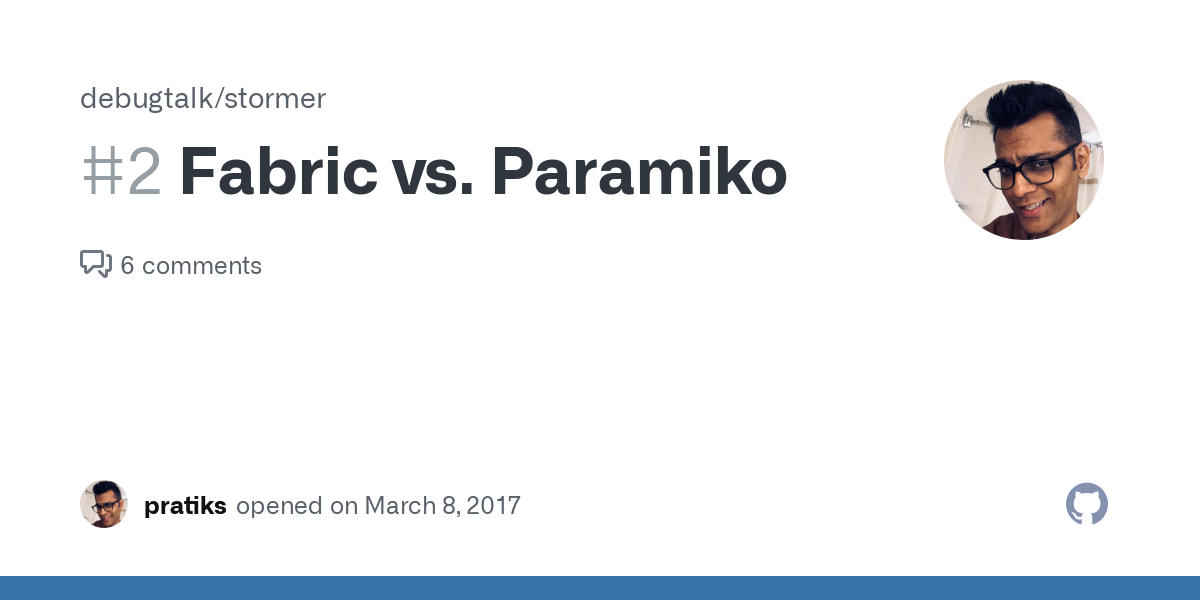
Python Fabric vs Paramiko: A Comprehensive Comparison
When it comes to automating remote access and secure connections to servers, two popular Python libraries stand out: Fabric and Paramiko. While both can accomplish similar tasks, they serve different purposes and have unique strengths. In this article, we'll dive into the details of each library, highlighting their features, pros, and cons.
Fabric
Fabric is a high-level library that simplifies the process of remote access to servers by providing a simple, Pythonic way to interact with SSH servers. It's built on top of Paramiko (more on this later) and offers a more straightforward interface for tasks like:
Running commands remotely Uploading/downloading files Copying/moving/rename files Managing permissionsFabric is ideal for automating routine tasks, such as:
Deployments: Fabric makes it easy to automate deployment scripts, ensuring consistent and reliable setup processes. Monitoring: Use Fabric to monitor server performance, run diagnostics, or execute maintenance tasks. Security audits: Leverage Fabric's capabilities to perform security audits, checking for vulnerabilities or misconfigurations.Paramiko
Paramiko is a lower-level library that provides the underlying SSH connectivity functionality used by Fabric (and other libraries). It allows you to establish secure connections using SSHv2 and SSH-2.0 protocols. Paramiko offers:
Secure connection establishment Key exchange (RSA, DSA, ECDSA) Data transfer (scp, sftp, exec)Paramiko is suitable for more advanced tasks that require direct control over the underlying SSH connection, such as:
Complex authentication scenarios Customizable SSH session management Low-level access to SSH channelsComparison
When choosing between Fabric and Paramiko, consider the following:
Level of abstraction: If you want a simpler, higher-level interface for automating routine tasks, choose Fabric. Control over SSH connection: For more advanced, custom-tailored SSH interactions, opt for Paramiko. Security concerns: If you're concerned about security and want to maintain fine-grained control over your SSH connections, select Paramiko.Conclusion
Both Fabric and Paramiko are powerful tools in the Python ecosystem. While Fabric provides a convenient, high-level interface for automating routine tasks, Paramiko offers more direct control over the underlying SSH connection. When deciding which library to use, consider the level of abstraction, security concerns, and the specific requirements of your project.
Additional Resources
Fabric official documentation: https://www.fabfile.org/ Paramiko official documentation: https://paramiko.readthedocs.io/en/latest/I hope this helps!
